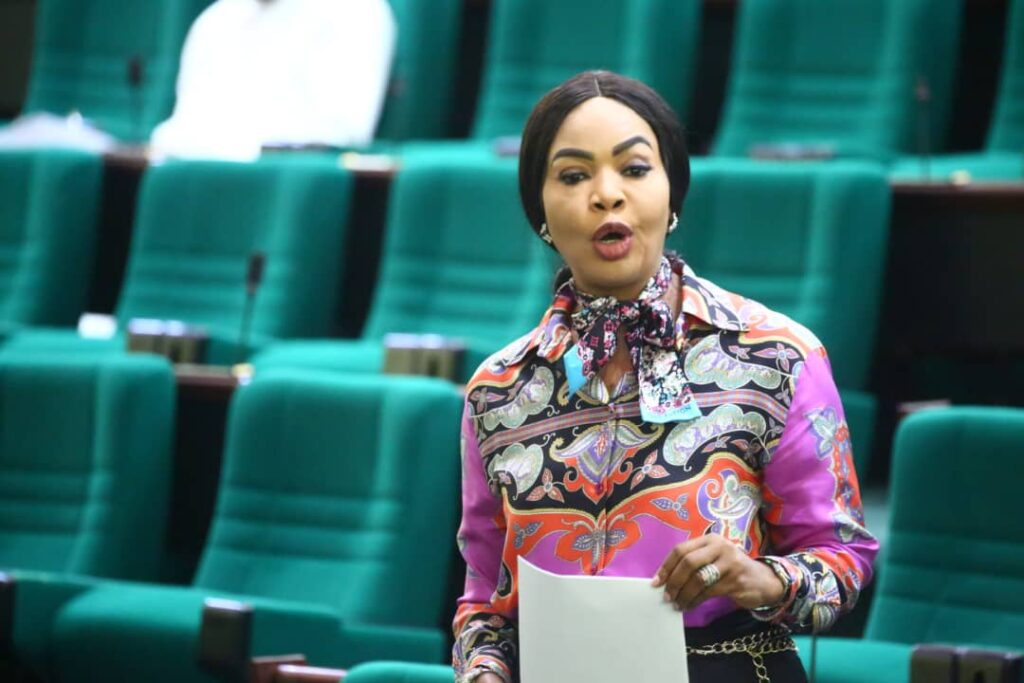
Nigeria is embracing a greener future and doing so with strong leadership from Nkeiruka Onyejeocha, the Minister of State for Labour and Employment. She recently confirmed the federal government’s plan to create more job opportunities by leveraging the country’s energy transition strategy.
Speaking at a ministerial session during the 112th International Labour Conference in Geneva, Onyejeocha explained how Nigeria intends to tackle unemployment by focusing on clean energy and sustainable industries. She said the country’s energy transition plan is not only about cutting emissions but also about ensuring social inclusion, economic growth, and job creation for citizens.
She highlighted that the energy shift will help build new sectors and create employment, especially for young people and women. According to her, the green economy offers Nigeria a fresh chance to grow its workforce and address climate-related challenges. The government is developing policies to align labor market needs with global environmental goals and will ensure that workers are trained to meet new demands.
Nkeiruka Onyejeocha’s energy transition efforts were praised by stakeholders at the conference. Many saw Nigeria’s strategy as a model for inclusive development in Africa. Onyejeocha stressed that Nigeria’s plan places people at the center, not just technology. This approach, she said, will ensure that no group is left behind as the world moves toward cleaner energy systems.
She also pointed out that Nigeria is working with international partners to fund and implement these energy projects. This includes collaborating with private investors, development banks, and labor organizations. By doing so, Nigeria can build infrastructure, improve skills, and open new opportunities in green jobs.
The minister reaffirmed the government’s commitment to protect workers during this shift. She noted that just transition policies must ensure fairness for those moving from traditional energy jobs. Many of these workers will need new skills, and training programs will be provided. She also mentioned the importance of creating legal frameworks that support both workers and employers during the transition.
Onyejeocha called on the International Labour Organization (ILO) and other stakeholders to support Nigeria’s journey. She urged global leaders to provide technical help and financial support to developing countries like Nigeria. She believes that with the right support, Nigeria can lead Africa in building a resilient and green economy.
The energy transition strategy by Nkeiruka Onyejeocha is clear and people-centered. It focuses on solutions that improve livelihoods while protecting the planet. Her message in Geneva was simple: energy change is not just an environmental issue, it is an opportunity to grow jobs, expand industries, and lift people out of poverty.
Under her leadership, Nigeria is positioning itself as a serious player in global efforts for sustainable development. With the right vision and continued support, Nigeria’s energy transition can create a future where the environment and economy grow side by side.
